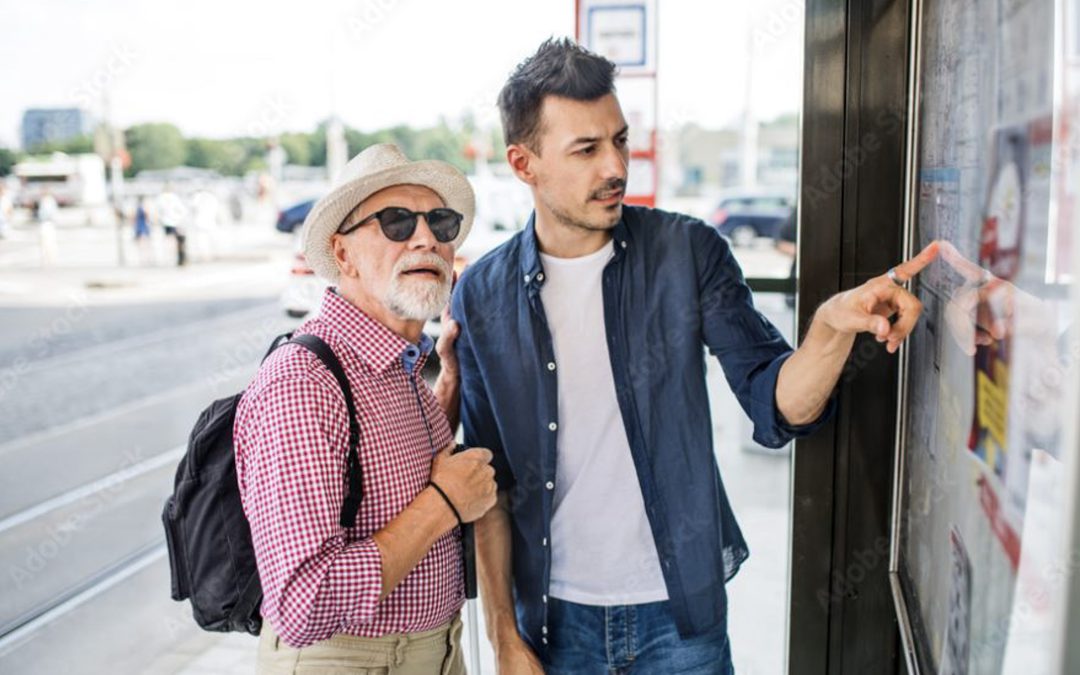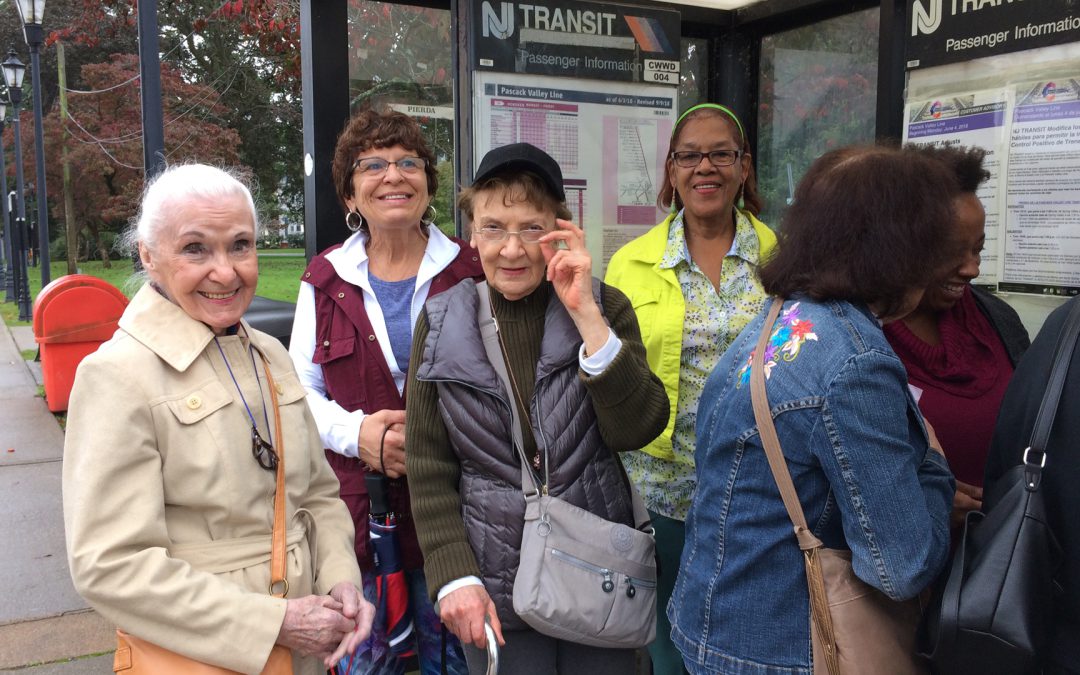NJTIP @ Rutgers provides travel training for people with disabilities and older adults focused on employment, vocational training, life enrichment or volunteer work.


NJTIP @ Rutgers provides travel training for people with disabilities and older adults focused on employment, vocational training, life enrichment or volunteer work.

Address significant gaps in public engagement guidance currently available to transit agencies seeking to use virtual tools and techniques to facilitate communication with the community, potential passengers, and current riders.

Participants work with a travel instructor who teaches safe travel skills using remote and virtual instruction, then by riding on the bus or train with the customer individually until they can travel confidently and independently.

This 3- day program introduces participants to accessible fixed route transportation and other mobility options, in New Jersey.
Since its creation in 1979, NJ TRANSIT has grown into the geographically largest public transit system in the United States. Over more than four decades, the agency’s financial structure has shifted in response to changing state and federal priorities—shaping service...
Objective While fatal crashes are available through the Fatality Analysis Reporting System (FARS) and are readily available to the public, many states do not make their crash data easily accessible for the public and the research community. The public has an interest...
Through this research, NJ TRANSIT sought to understand how women and members of the lesbian, gay, bisexual, transgender, queer plus community, sometimes referred to as sexual and gender minorities (SGMs) travel on NJ TRANSIT so the agency can provide better...
Recent advances in biometric sensing technologies, such as eye tracking, heart rate trackers, and galvanic skin response (GSR) sensors, offer new opportunities to measure pedestrian stress level and their travel experiences in real-time. Uncertainty remains about...